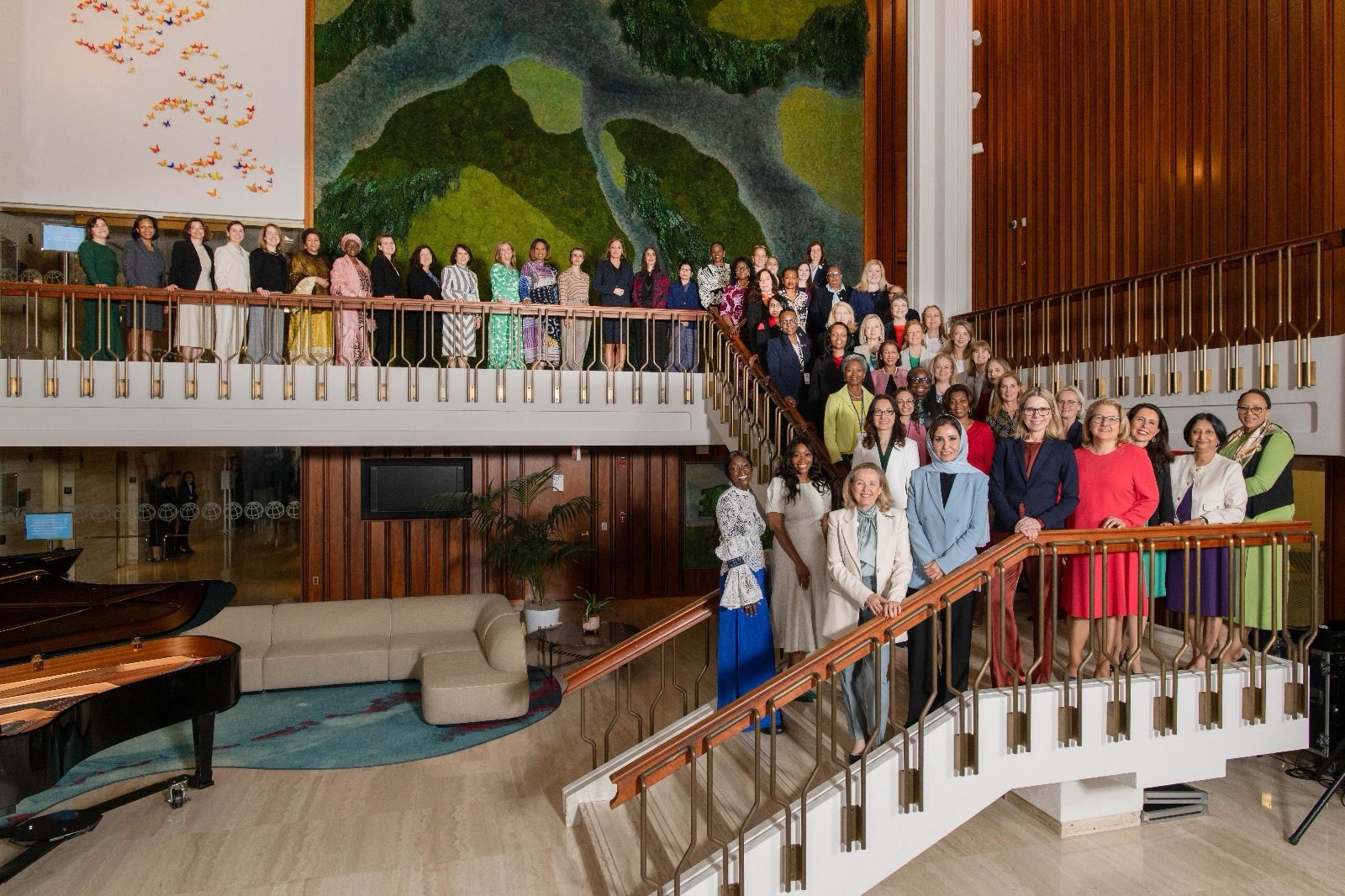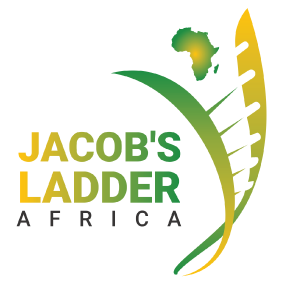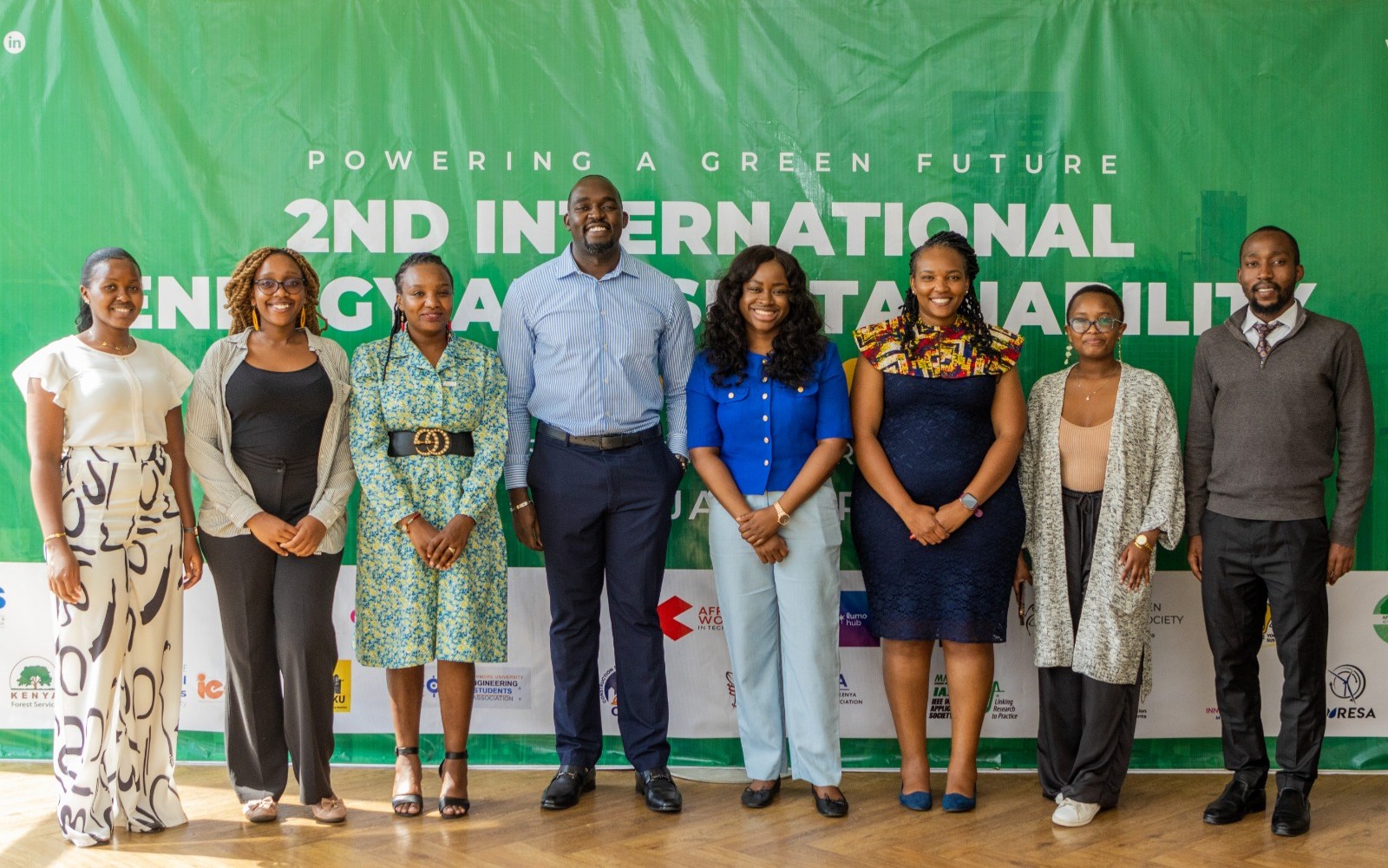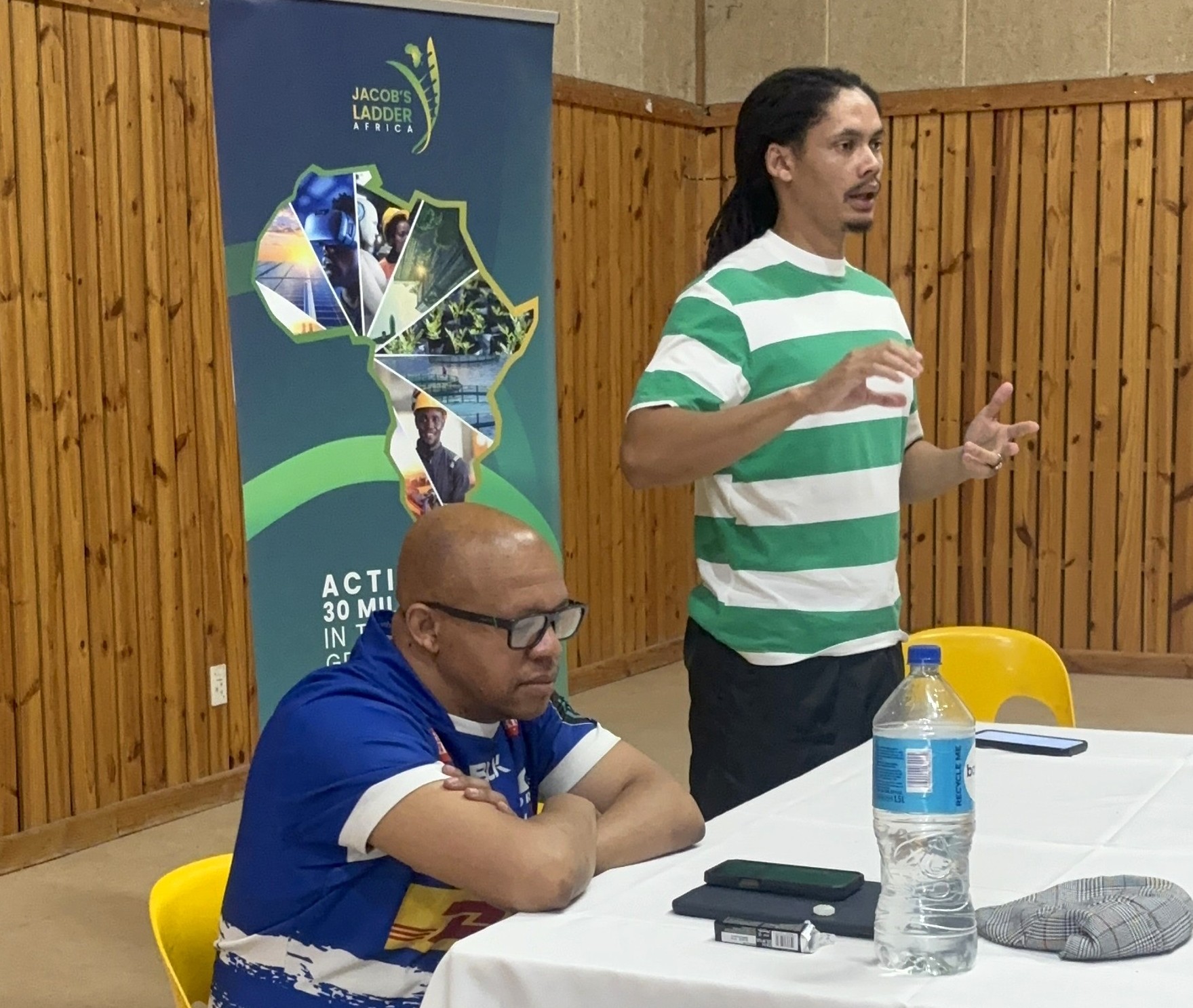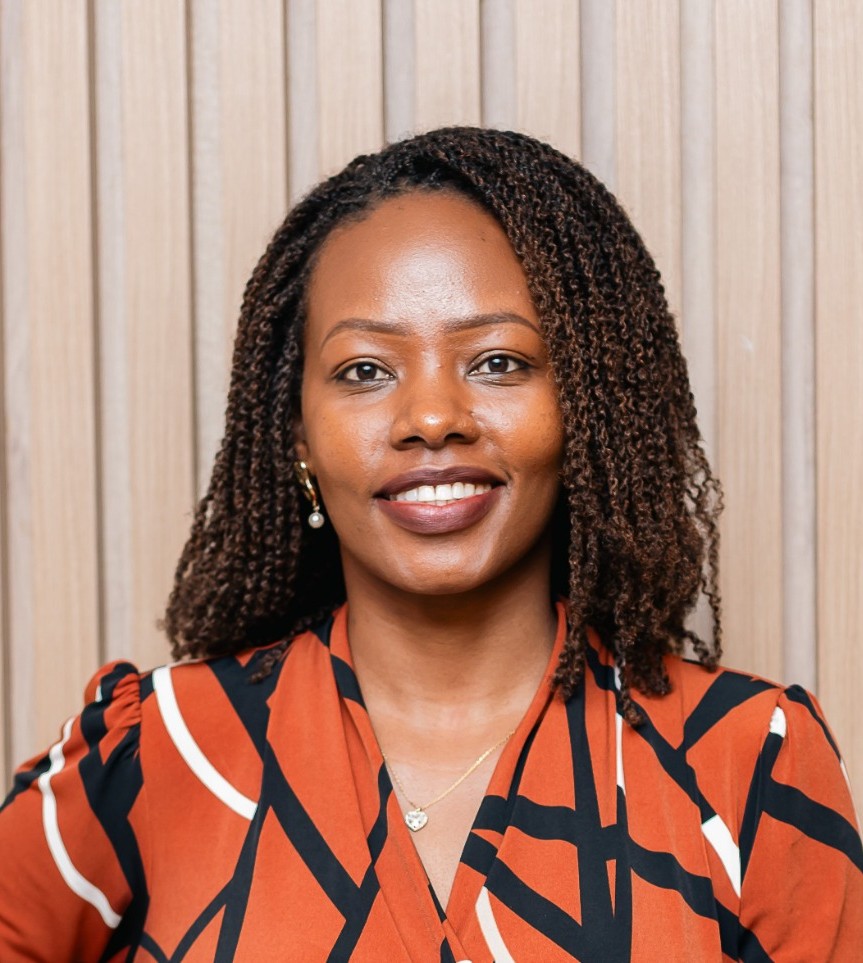This April, global development leaders converged in Washington, D.C. for the World Bank/IMF Spring Meetings 2025, held under the banner of recalibrating international cooperation amid a rapidly shifting global landscape—what many are calling a “Global Reset.” Representing Jacob’s Ladder Africa (JLA), our CEO and Co-founder, Sellah Bogonko, joined leading voices in a powerful series of conversations focused on jobs, gender equity, and practical action.
Sellah participated in key sessions including the Women Lead Breakfast, hosted by World Bank Managing Directors Anna Bjerde and Anshula Kant, where women central bank governors, ministers, CEOs, and nonprofit leaders reflected on strategies to protect and expand gains in women’s economic empowerment. A poignant reminder came from UN Deputy Secretary General Amina J. Mohammed, who urged the audience to “See the opportunity in the crisis and navigate your way with hope.”
Jobs as a Global Strategic Compass: A Win for Africa
In her intervention, Sellah highlighted the World Bank’s renewed prioritization of jobs as its guiding objective, describing it as the strategic compass for inclusive development. This shift is timely: Sub-Saharan Africa must create 15 to 20 million jobs annually to absorb new labor market entrants, yet is currently only producing about 3 million per year (World Bank, 2024). Framing job creation as a measurable, collaborative global target is not just strategic—it’s urgent.
Sellah called for a shared global jobs target that stakeholders across sectors—governments, the private sector, civil society—can rally around. This aligns with Jacob’s Ladder Africa’s mission to activate 30 million green jobs across Africa by 2033, focusing on skilling, innovation, and local job ecosystems.
From Policy to Practice: The Implementation Gap
While policies matter, implementation is what delivers real impact. Sellah’s second key message called attention to the gap between strong policy frameworks and weak real-world outcomes, especially around gender equity. Kenya’s Access to Government Procurement Opportunities (AGPO), which mandates 30% of government contracts for women-, youth-, and disability-owned businesses, is a case in point. On paper, the country is compliant. On the ground, however, delivery is inconsistent.
This reality was echoed by Mavis Owusu-Gyamfi, President & CEO of the African Center for Economic Transformation (ACET). Mavis noted that while many African countries scored “green” on gender equality laws and policies, they scored “red” on implementation and impact in ACET’s recent analysis.
Showcasing What Works
Sellah urged leaders to focus on measuring what matters—not just intentions or frameworks, but tangible economic empowerment outcomes. With over 200 million youth in Africa unemployed or vulnerably employed, it is critical to identify and scale interventions that work. “Let’s find ways to measure, showcase, replicate, and scale success,” she emphasized.
Looking Ahead
The 2025 Spring Meetings reflected a growing consensus: the era of well-intentioned policies without delivery is over. Institutions like the World Bank are shifting gears; from policy design to practical implementation, from economic growth to inclusive jobs, and from frameworks to measurable outcomes.
Jacob’s Ladder Africa is committed to being part of this shift—championing youth employment, green job creation, and scalable solutions that work for Africa. We stand ready to work with governments, multilateral partners, and the private sector to make sure Africa’s demographic dividend becomes a force for sustainable, inclusive growth.

